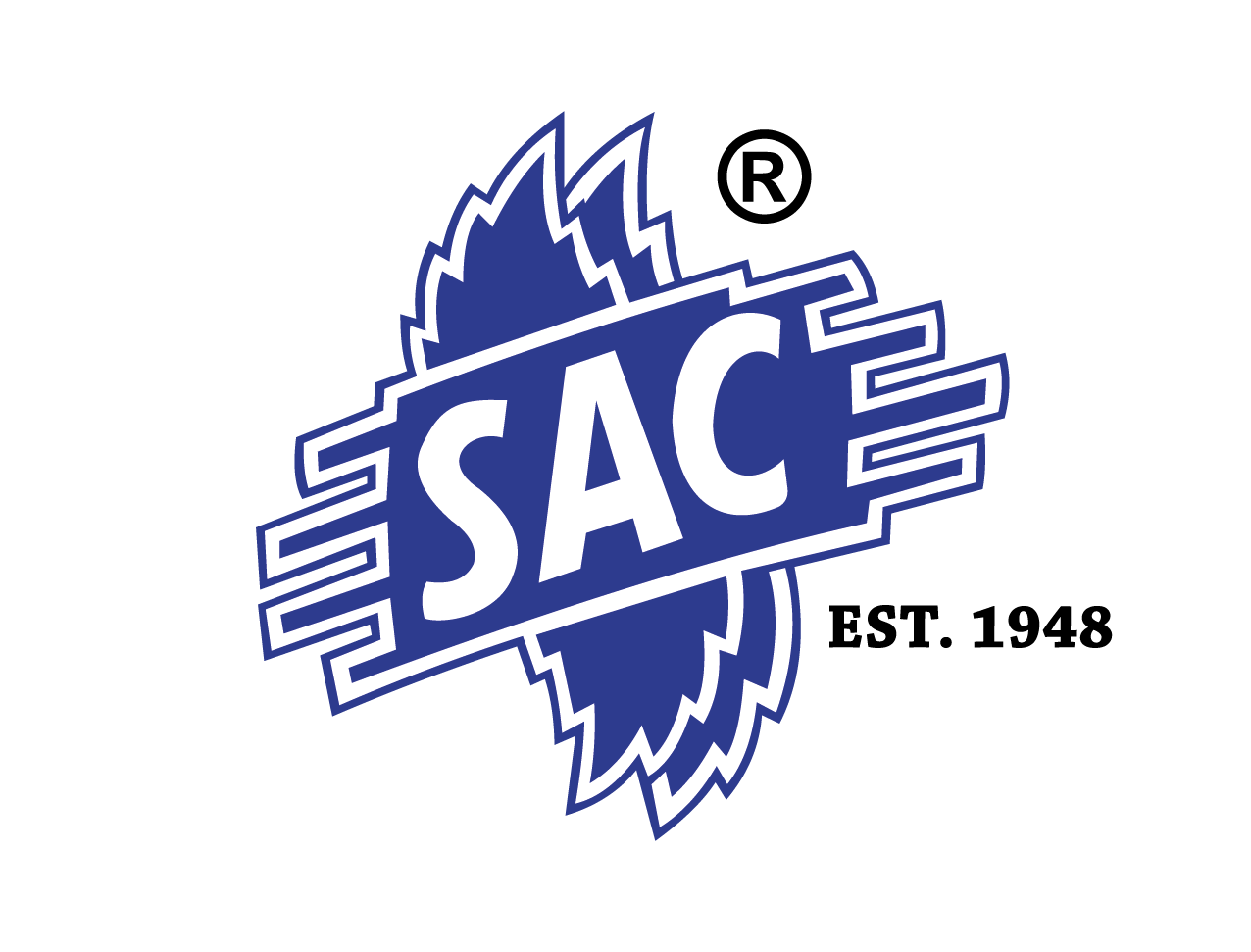Beard growth oils have been more popular among guys who want to develop a fuller, thicker beard. These oils frequently contain a combination of essential oils and carrier oils that feed the skin and hair follicles, which could encourage beard growth. While many users claim excellent advantages, it is important to note that there may be adverse effects from their use. This blog explores into the potential adverse effects of using beard growth oils, the ingredients that may cause them, and how to reduce the risks.
Understanding Beard Growth Oils
What are beard growth oils?
Beard growth oils are specifically prepared products that promote the growth and health of facial hair. They typically comprise a mix of:
Carrier oils: including jojoba oil, argan oil, and coconut oil, moisturise the skin and hair.
Essential oils: include peppermint, eucalyptus, and tea tree oil, which promote hair development and skin health.
Vitamins and Nutrition: It is often used to promote hair growth and strengthen hair follicles.
How do they work?
These oils moisturise the skin under the beard, decreasing dryness and itching while providing nutrients that support healthy hair growth. Some components, like peppermint oil, are known to increase blood flow to the hair follicles, potentially promoting growth.
Possible Side Effects of Beard Growth Oils
Skin Irritation and Allergic Responses
Skin irritation and allergic reactions are among the most prevalent negative effects of beard growth oils. This might be due to the essential oils or other components in the product.
Essential oils: offer numerous advantages, but they can produce discomfort or allergic responses in certain people. Peppermint, eucalyptus, and tea tree oils, for example, can be strong and induce redness, itching, or burning sensations.
Carrier Oils: While most carrier oils are harmless, some people may be sensitive to almond or coconut oil.
Acne and breakouts.
Using beard growth oils might occasionally cause acne or outbreaks, especially if you have oily or acne-prone skin. Oils can block pores and cause acne.
Increased sensitivity to sunlight.
Citrus oils (such as lemon or orange oil) might increase your skin's sensitivity to sunlight. If you spend a lot of time outside, you are more likely to get burned or develop skin damage.
Unwanted hair growth.
In certain situations, the use of beard growth oils might result in undesired hair growth in regions where the oil accidentally spreads, such as the neck and cheeks. This is due to the stimulating qualities of some essential oils.
Hormonal Effects.
Although rare, particular compounds in beard growth oils may have hormonal effects. For example, lavender and tea tree oils have been shown in certain studies to have estrogenic (mimicking oestrogen) and anti-androgenic (counteracting male hormone) properties. These effects are normally low but may be challenging for certain people.
How to Reduce Side Effects
Patch Test
Before using beard growth oil on your face, do a patch test. Apply a small quantity of the oil to a less visible region of your skin, such as the inside of your wrist, and allow 24 hours to observe whether inflammation arises. This might help you spot any potential allergic responses before putting the oil on your face.
Choose high-quality products.
Choose high-quality, trustworthy companies that employ pure, natural components. Look for goods devoid of synthetic scents, parabens, and other dangerous components.
Keep Control of Your Usage
Begin with a small amount of oil, then gradually increase it as needed. This allows your skin to adjust to the substance and lowers the likelihood of unwanted responses. Also, avoid overusing.
Proper Application
Apply the oil simply to the beard and the skin directly below it, avoiding regions where hair will develop. Make sure your hands are clean before applying to avoid introducing dirt or bacteria to your face.
Sun Protection
If your beard growth oil contains sensitive chemicals, such as citrus oils, use it in the evenings or wear sunscreen throughout the day to protect your skin from UV exposure.
Consult a dermatologist.
If you have sensitive skin, a history of allergies, or any other skin concerns, see a dermatologist before using beard growth oils. They can offer personalised advice and propose items suitable for your skin type.
Conclusion
Beard growth oils may be an effective supplement to your grooming schedule, nourishing and promoting a healthier, fuller beard. However, like any skincare product, they can cause skin irritation, allergic reactions, acne, increased sensitivity to sunlight, and even hormone changes. To reduce these risk factors, buy high-quality products, do patch tests, apply the oils carefully, and be aware of any changes in your skin. If you have any unpleasant effects, stop using it and seek medical attention.





 Food, Flavors & Colors
Food, Flavors & Colors